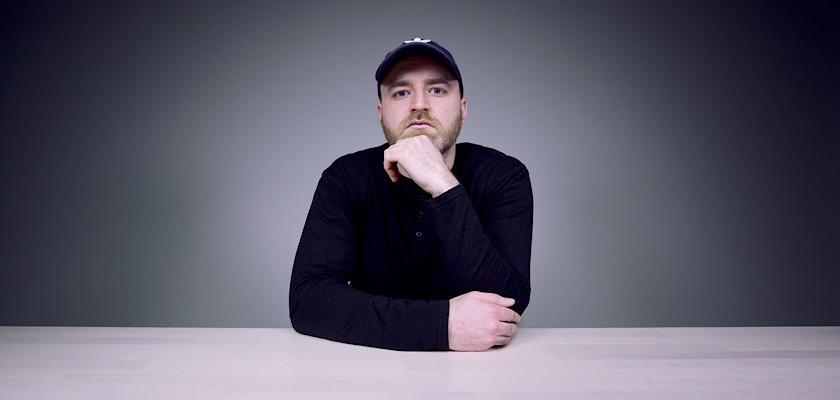At the start of the month, Unbox Therapy, one of the biggest tech channels on YouTube, released its new phone case – Latercase.
Shortly after the case was released, Unbox Therapy was accused of copying the phone cases made by phone accessory company PITAKA.
These accusations quickly developed into a huge controversy within the tech community on YouTube when it was discovered that some previous videos featuring Unbox Therapy host Lew talking about PITAKA’s cases had been set to private on the Unbox Therapy channel. Additionally, a video clip of Lew holding the PITAKA case was removed from PITAKA’s YouTube channel after a copyright claim from Unbox Therapy.
At the height of the controversy, Lew took to Twitter to answer questions and addressed several of the accusations. However, many were not satisfied with these initial answers and wanted more information from Lew.
Now Lew has responded to those requests and published an in-depth video on the Latercase situation where he addresses the accusations of copying PITAKA’s case, the copyright claim, the videos that were set to private, and more.
Click here to display content from YouTube.
Learn more in YouTube’s privacy policy.
Lew on Aramid and Kevlar cases
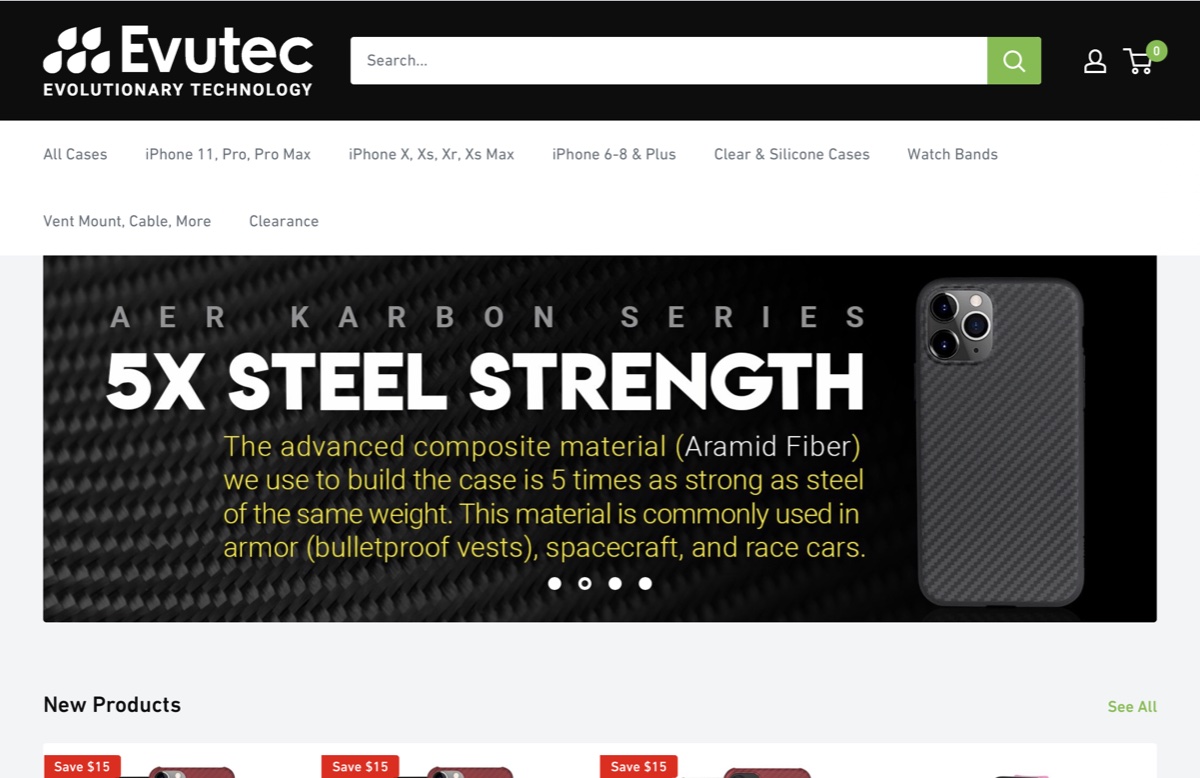
Lew begins by stating that he was “absolutely aware of the existence of Aramid, Kevlar thin fiber-based cases.” He added that he became aware of these cases through brands who make cases with this material such as Evutech and PITAKA.
However, Lew said the thing that’s not been covered during this whole controversy is that these other brands didn’t offer a Pixel 4 XL case which is his device of choice.
Lew on the Latercase tagline
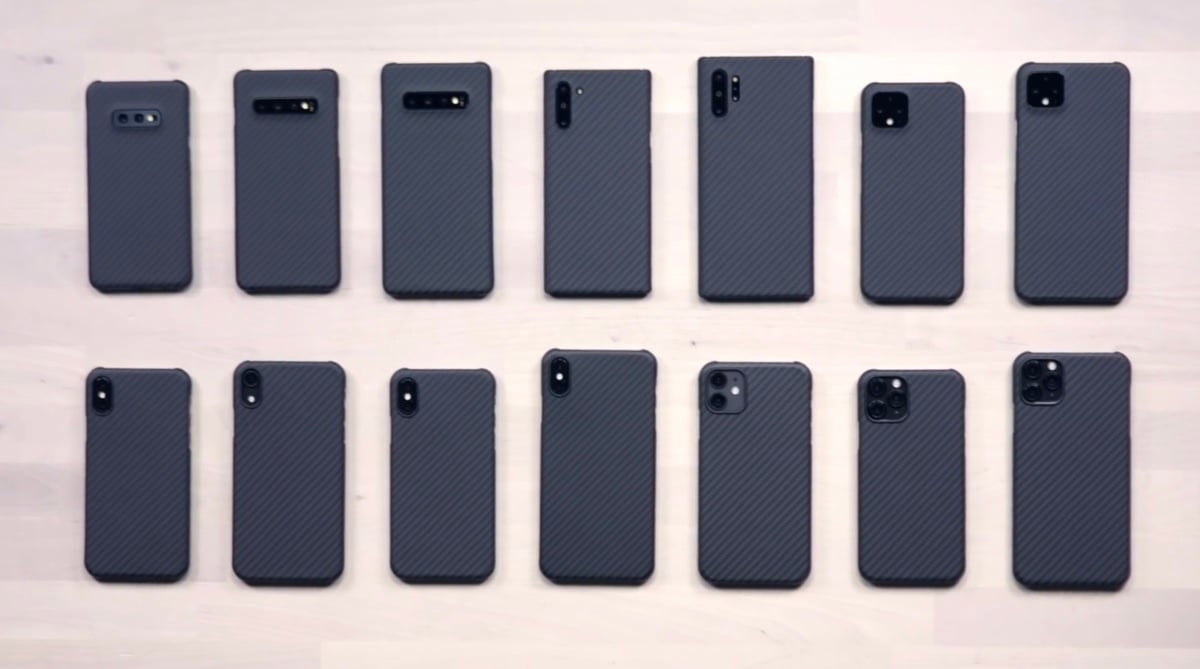
Lew admits that his use of the tagline, “I don’t like phone cases, so I went out and made one,” in the Latercase launch video was a mistake which “fed misinterpretation.”
He said the way he “conceived that terminology” was in relation to cases for the Pixel 4 XL. Essentially Lew meant to say that he couldn’t find what he wanted in the Pixel 4 XL case market so he went out and made it.
Lew described the overall concept of “I went out and made one” as:
“Finding a way to bring this Aramid technology into a case format available and accessible to a wider variety of people than what was currently supported from the pre-existing manufacturers.”
Lew on the similarities between Latercase and Alibaba cases
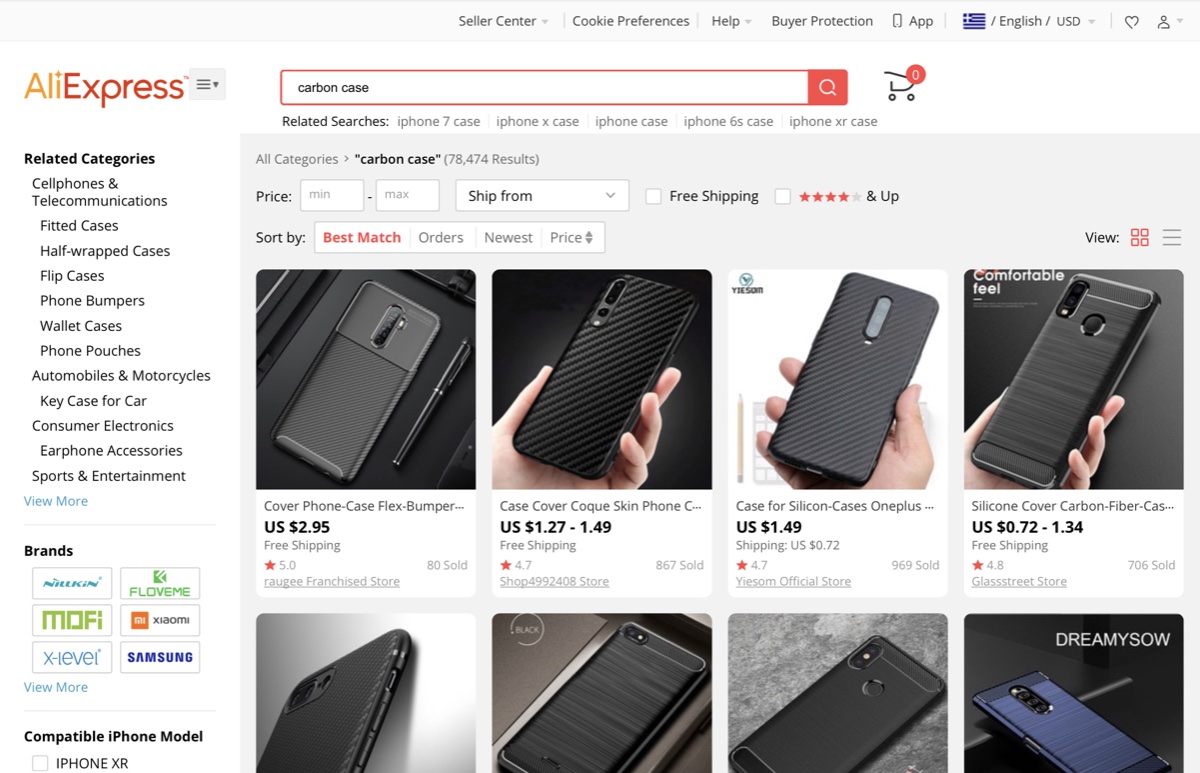
Lew addressed questions about the similarities between Latercase and some cases that are available from the Chinese wholesaler Alibaba and its retail site AliExpress by saying that while they may look similar, the materials and design are different.
“I did not hop on Alibaba or AliExpress and order a thousand pieces of this case. This case really did not exist,” Lew said.
Lew added that most of the lower-priced AliExpress cases that look similar to Latercase and claim to be made from carbon are actually made from plastic whereas the Latercase is made from the more expensive Kevlar material.
Lew also said that while there was a pre-existing industry that turned Aramid and Kevlar fibers into various industrial products, nothing existed for the Pixel 4 XL. He said that because of this, he had to invest in creating a tool to make the Latercase which costs $13,000 per device that’s currently being supported.
“For me, it’s absolutely no dropshipping. It’s a relationship with the manufacturer directly, with the factory directly,” Lew said.
Lew on the similarities between Latercase and PITAKA cases
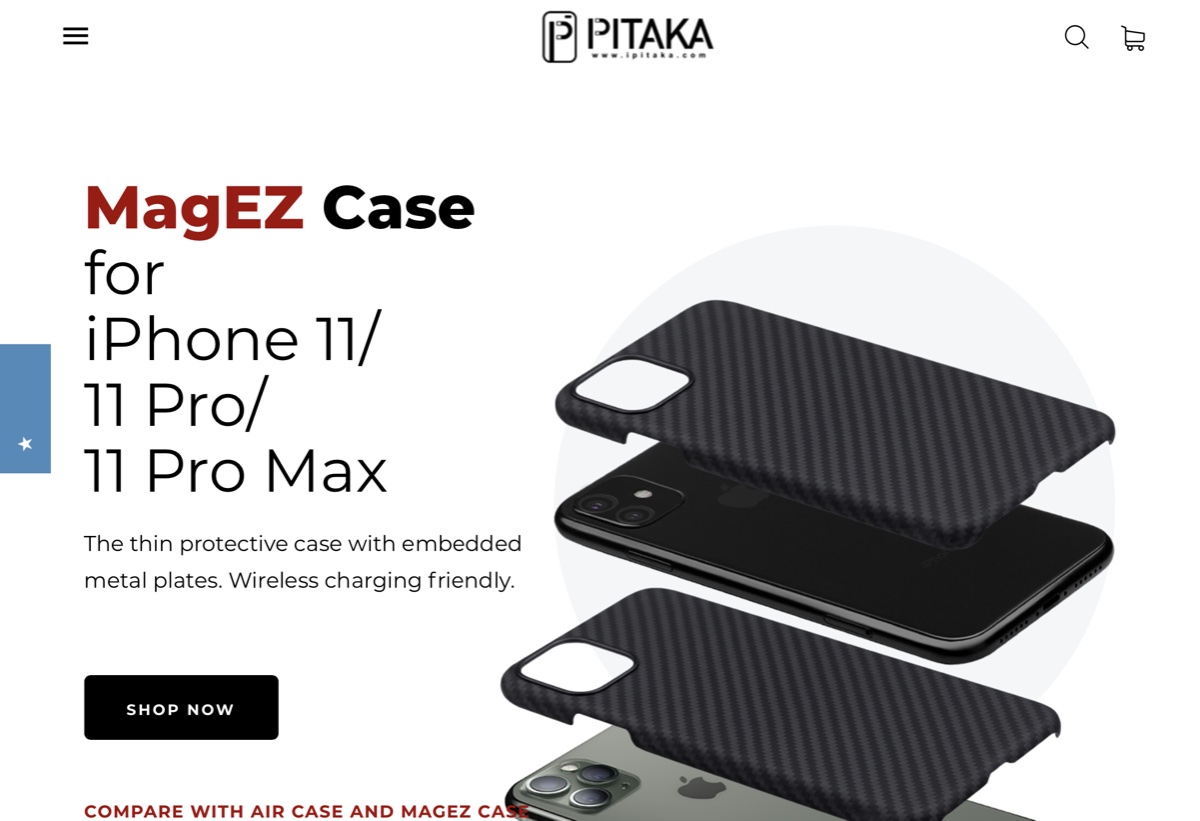
Lew responded to the accusations of Latercase copying PITAKA’s cases by discussing the history of the use of the Kevlar material by several case manufacturers.
He said that because brands such as Evutech have used this material to make cases, he thought it was assumed that the material used by the Latercase has “been an option for cases for a very long period of time.”
Lew added that PITAKA has “done nothing to attempt to own this particular concept” and that there’s no patent associated with it:
“This is a material in the shape of a phone. Where and how you can innovate around this is relative to small, incremental things.”
Additionally, Lew said he actually had more exposure to this style of case from Evutech, “a company that’s actually cool with this [the Latercase project],” and that Evutech was initially going to manufacture the Latercase.
While he acknowledges that launching with just the Pixel 4 XL Latercase would probably have avoided a lot of the confusion and comparison to cases from other manufacturers, Lew said that “as a company, that’s not exactly feasible.” To make the business feasible, he said it’s necessary to “build up a customer base around the more popular devices.”
Lew on the differences between Latercase and other cases
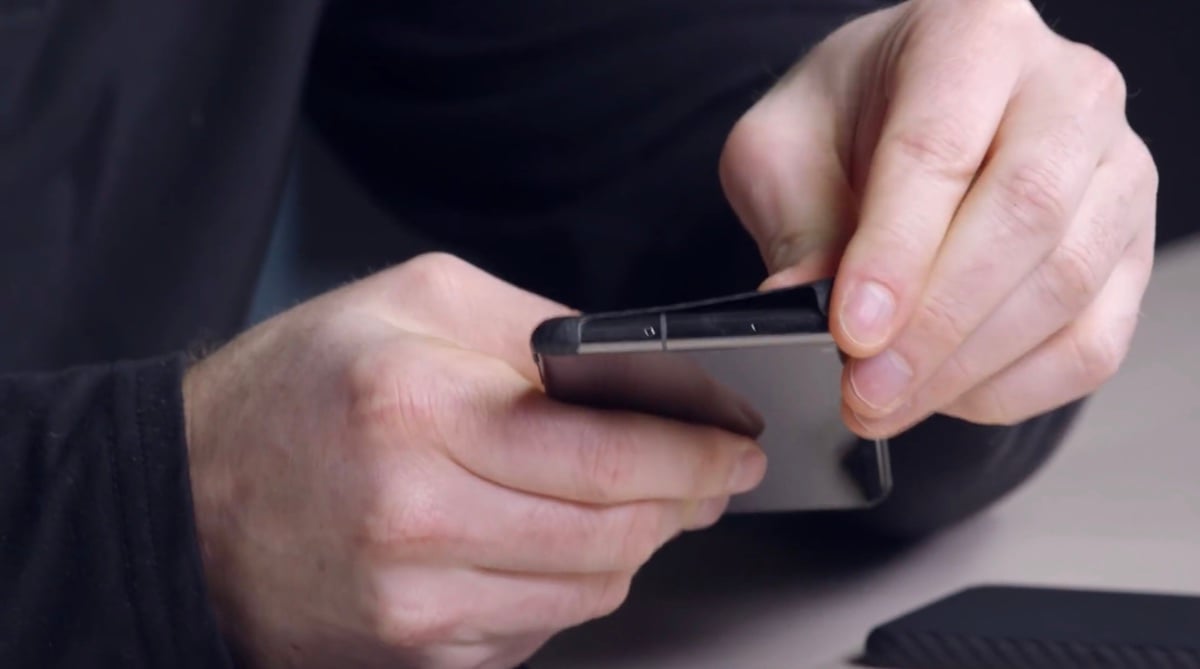
Lew highlighted several refinements that have been made to differentiate Latercase from other cases on the market. These include Latercase being easier to remove from the phone than other Aramid cases and Latercase having a more textured feel which he describes as “addictive to touch.”
Lew on the PITAKA copyright claim
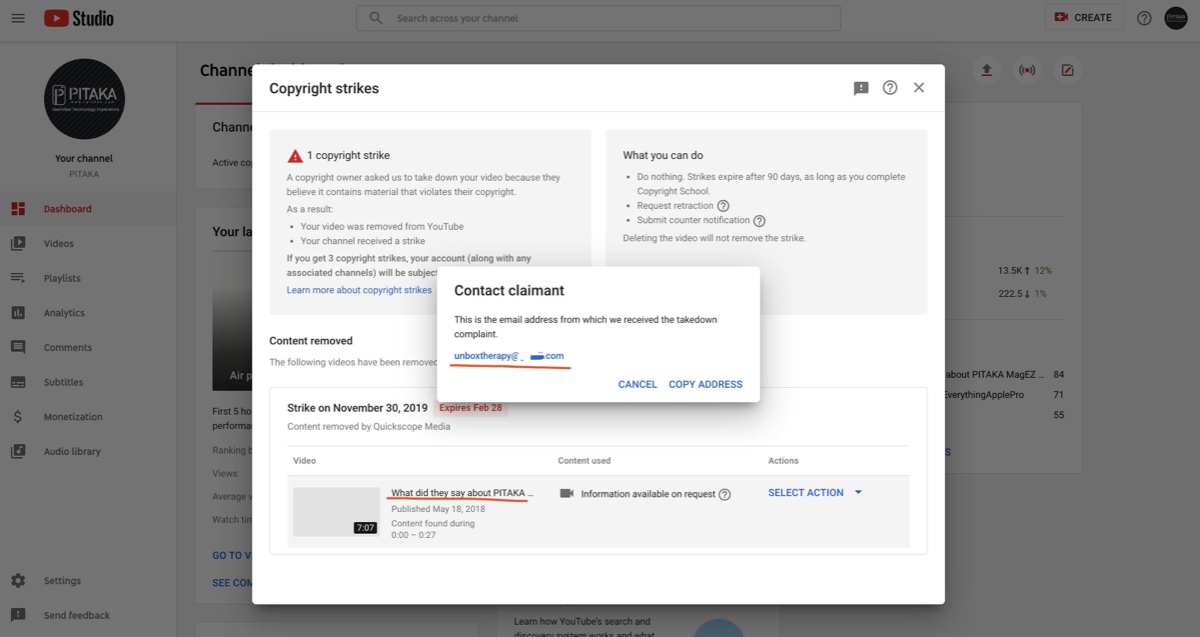
Lew said the copyright claim that took down PITAKA’s video of him holding a PITAKA case was “because of this case [Latercase], absolutely because of this project.” However, he also copyright claimed the video because it was being used as an ad.
Lew added that he’s generally “not all that sensitive about this” but that in this instance, it “could present significant confusion in the marketplace.” Therefore, to ensure that this type of confusion couldn’t exist when Latercase went to market and launched, Lew said he took the video down.
Lew on setting his PITAKA video on Unbox Therapy to private
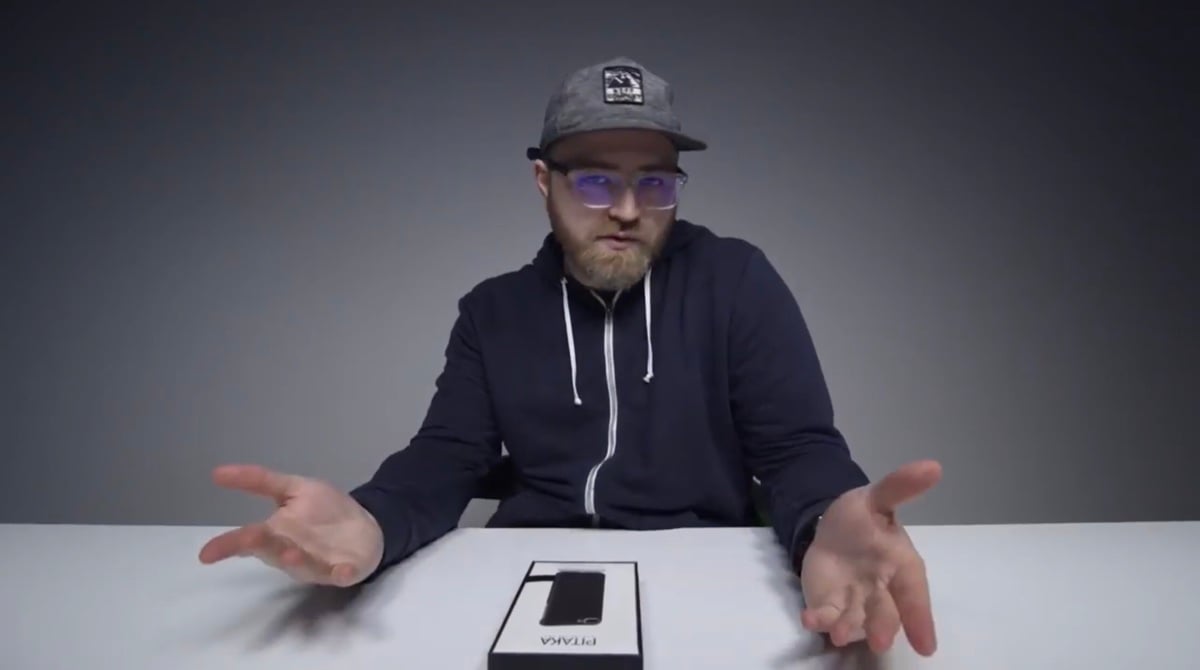
Lew said he set Unbox Therapy’s PITAKA video to private because it wasn’t really useful and had the potential to be ripped. Since the “proof of motivation to rip content from it had already taken place” and it wasn’t accumulating many views because it was almost two years old, Lew decided to make it private.
The future of Latercase
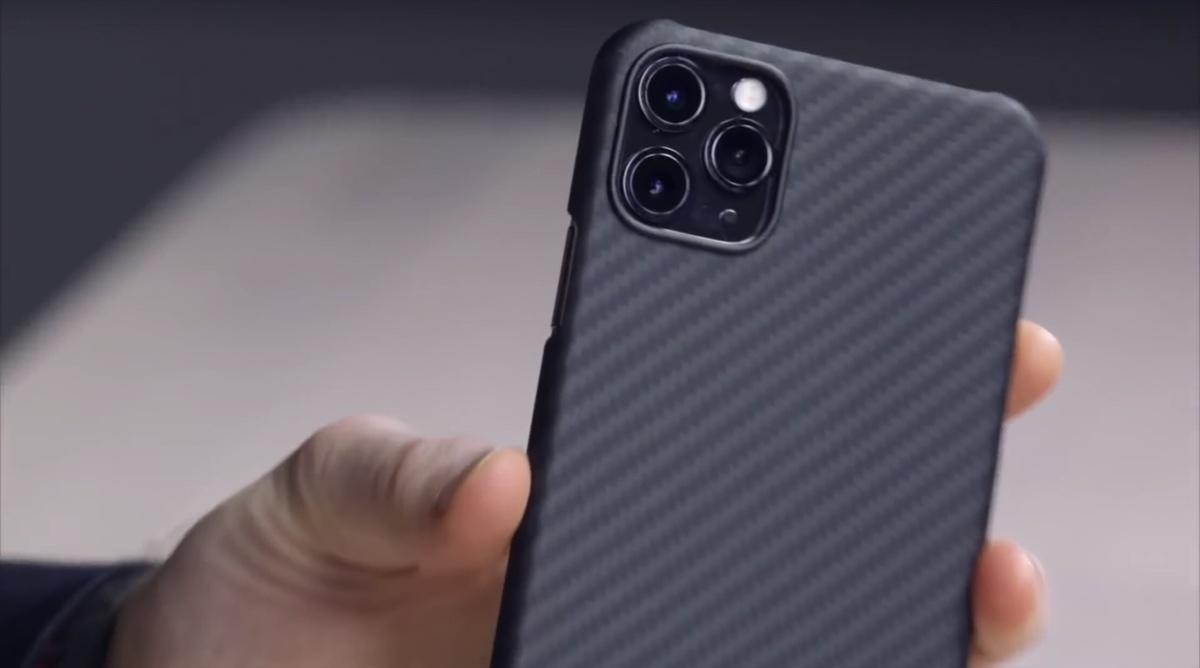
Lew said that going forward he plans to be “more transparent about the process and involve the audience more”:
“I’m gonna try to do a better job of documenting that entire process so that you have the confidence to know that I’m doing this my way and I’m not just dropshipping whatever some wholesaler is listing on AliExpress, Alibaba, or anywhere else that that is possibly taking place.”
He added that he wants to continue improving the case and plans to support even more phones in the future with cases for several OnePlus devices coming soon.

